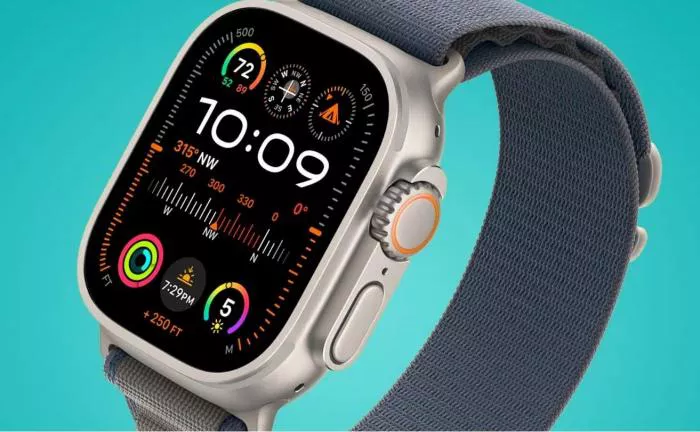Apple has reportedly halted plans for a camera-equipped Apple Watch, opting instead to accelerate development of AI-enhanced AirPods and smart glasses. The decision reflects a strategic realignment in the company’s wearable technology roadmap, prioritizing ambient intelligence and seamless user experiences.
“Nevis” Project Shelved as Apple Rethinks Wrist-Based AI
According to sources familiar with the matter, Apple had internally developed a camera-equipped Apple Watch under the codename “Nevis.” The project, which included both standard and Ultra models, aimed to integrate AI-driven contextual awareness directly into the wearable. Initially targeting a 2027 release, the initiative has now been discontinued without official explanation.
The shelved device was designed to function as a hands-free visual interface, allowing users to interact with their surroundings without relying on a smartphone. While Apple has not ruled out revisiting the concept in the future, resources have been redirected toward alternative wearable platforms.
AirPods with Embedded Cameras Take Center Stage
Instead of wrist-based imaging, Apple is reportedly advancing its “Glennie” project—a next-generation AirPods model featuring miniature built-in cameras. These sensors are expected to operate as infrared detectors, unlocking new functionalities such as:
- Enhanced spatial audio adjustments
- Intuitive gesture controls
- AI-powered experiences leveraging visual and positional data
The move positions AirPods as a key component of Apple’s ambient intelligence ecosystem, blending audio with contextual awareness.
Smart Glasses Emerge as Strategic Counter to Meta
Apple’s revised roadmap also reaffirms its commitment to smart glasses, envisioned as a lightweight companion to its Vision Pro headset. Industry insiders suggest a potential 2026 launch, with features including:
- Hands-free photography and video
- Real-time augmented reality overlays
- Integrated visual intelligence for navigation and object recognition
The glasses are anticipated to compete directly with Meta’s Ray-Ban Smart Glasses, offering deeper iOS integration and advanced AI capabilities.
Strategic Implications for Wearable Technology
The cancellation underscores Apple’s preference for wearables that prioritize natural interaction over conspicuous technology. By focusing on ear-worn and eyewear devices, the company aims to create intuitive, socially acceptable products that blend into daily life while delivering sophisticated AI experiences.
This pivot signals Apple’s conviction that the future of wearables lies in multisensory devices that function as seamless extensions of the user—a vision increasingly centered on AirPods and smart glasses rather than wrist-mounted cameras.


